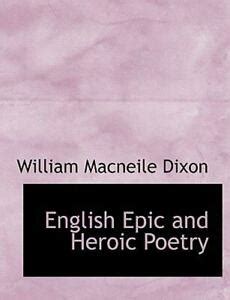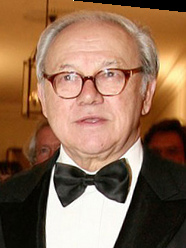A Quote by William Macneile Dixon
All finite things have their roots in the infinite, and if you wish to understand life at all, you cannot tear out its context. And that context, astounding even to bodily eyes, is the heaven of stars and the incredible procession of the great galaxies.
Quote Topics
Related Quotes
The difficulties in the study of the infinite arise because we attempt, with our finite minds, to discuss the infinite, assigning to it those properties which we give to the finite and limited; but this... is wrong, for we cannot speak of infinite quantities as being the one greater or less than or equal to another.
Every once in a while I have this revelation like, "Wow, a hundred years ago the world wasn't black and white." It was in color. Photographed in a certain way, people look from another time. We are just not used to seeing ourselves in that context. Something that's fascinating about photography is you can isolate a moment, tear it out of its context, and see it afresh. Another realization is that, "Wow, there's a big world out there, and people are still doing all sorts of the things that they used to do." We don't just live in iPad land.
To receive the gospel is to receive an entirely different view of reality where Christ is the epicenter of all things. He becomes the center of our universe, the source, the purpose, the goal, and the motivation of all that we are and do. When a man receives the gospel, his entire life begins to be lived out in a different context, and that context is Christ.
Just think, Vishnu sleeps in the cosmic ocean, and the lotus of the universe grows from his navel. On the lotus sits Brahma, the creator. Brahma opens his eyes, and a world comes into being, governed by an Indra. Brahma closes his eyes, and a world goes out of being. The life of a Brahma is 432,000 years. When he dies, the lotus goes back, and another lotus is formed, and another Brahma. Then think of the galaxies beyond galaxies in infinite space, each a lotus, with a Brahma sitting on it, opening his eyes, closing his eyes.
When I came to New York, to Brooklyn, I met Alvin Ailey and Stanley Crouch and August Wilson. They were always putting things in a philosophical context. All the great jazz musicians did, too. There was always a sub-context to what they were saying about music even though they would be very down home and earthy. So I started to develop, in addition to my power and ability to simply hear, a way to place myself in a time.
A text makes the word more specific. It really kind of defines it within the context in which it is being used. If it is just taken out of a context and presented as a sort of object, which is what - you know, which is a contemporary art idea, you know. It is like an old surrealist idea or an old cubist idea to take something out of context and put it in a completely different context. And it sort of gives it a different meaning and creates another world, another kind of world in which we enter.


































